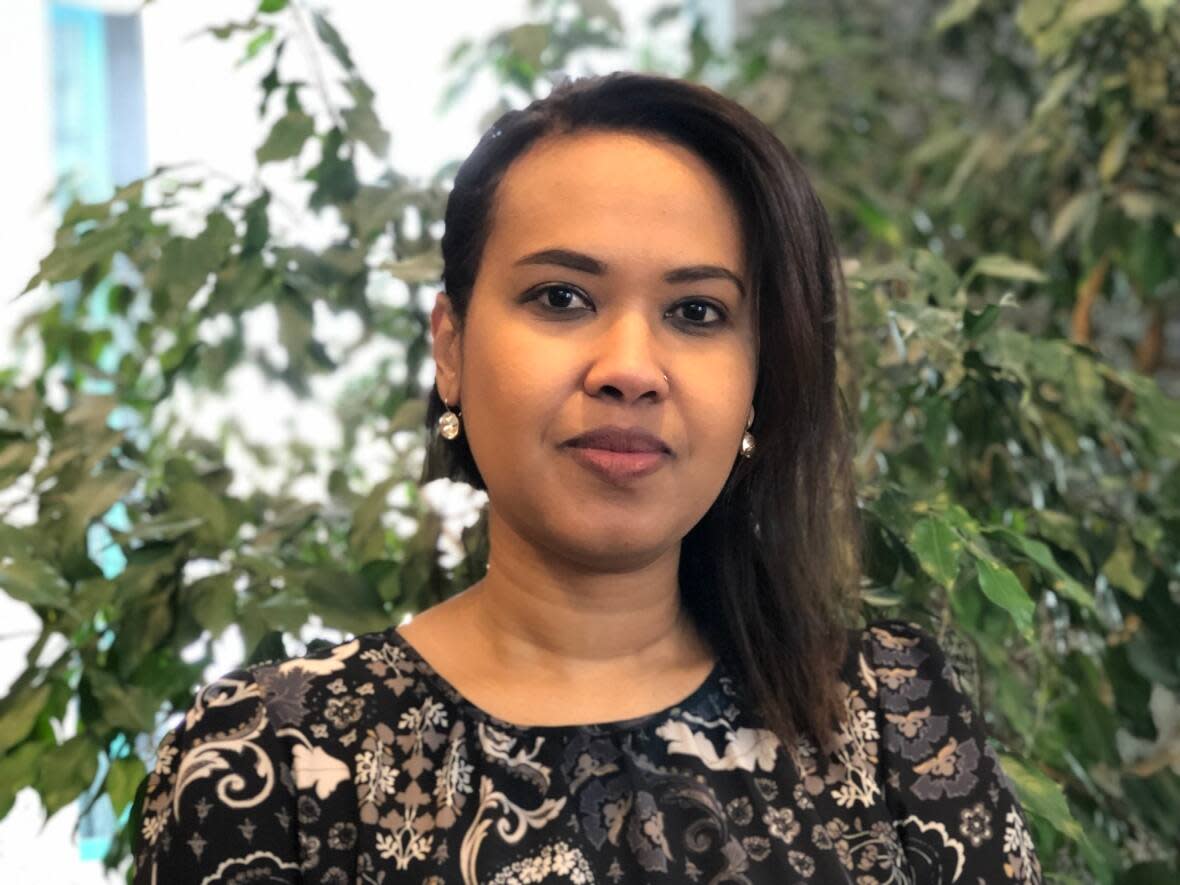Project brings mental health supports to 5 marginalized Ottawa neighbourhoods

Ottawa Public Health is trying to help people in the city's most marginalized neighbourhoods with a pilot project introducing more mental health resources and supports, which experts say are badly needed after more than two years of the pandemic.
For the next six months, residents in five neighbourhoods will have access to mental health resources through neighbourhood wellness hubs at local community centres.
"The overall intent is to provide the right information, right where people live, where people socialize, where they gather," Hodan Aden, one of the project leads, told CBC Radio's Ottawa Morning.
Aden, who supervises the mental health team with the local public health agency, said she's familiar with the barriers that exist for residents seeking help. She grew up in the Caldwell area, which is included in the pilot.
"I know what it's like to not have resources or information you need to safeguard your family's well-being, or not know where to go for help because you don't speak the language," she said, adding the hubs help eliminate language barriers.
Staff to be diverse with lived experience
Aden said it's even more challenging for diverse residents to get adequate support from health-care professionals who don't understand their needs. Staff at the hubs will be diverse, speak different languages and have lived experience to help relate to residents.
The five hubs are located at the Bellevue Community Centre, the Rideau-Rockcliffe Community Resource Centre, the Albion-Heatherington Recreation Centre, as well as the Don McGahan Clubhouse and Ron Kolbus Clubhouse, which are both run by BGC Ottawa (formerly known as the Boys and Girls Club of Ottawa).
They are now open one day per week between 1 p.m. and 4 p.m.
The neighbourhoods were chosen based on where the city saw the most need for mental health and substance use supports, which has been exacerbated by the COVID-19 pandemic, according to Aden.
COVID-19 data collected by public health shows marginalized residents in the identified neighbourhoods are experiencing health inequities like food insecurity, crowded housing and unemployment more acutely than others, she said.
Staff at the hubs will connect residents to employment resources and information on housing and financial assistance, as well as refer them to counselling for mental health and substance use.
Hope for project to extend longer than 6 months
Medin Admasu of BGC Ottawa, which offers local programming to children aged six to 18 and outreach programs to youth up to the age of 24, hopes the project extends past the six-month mark.
Admasu said he's unsure whether it's long enough to make a serious difference for residents.
"We've been wanting to do more work around mental health and supporting, giving resources to our members," he said.
BGC Ottawa chose to partner with public health, as well as mental health supports like Counselling Connect and Upstream Ottawa, to help give people the help they need in a "non-intrusive" way, Admasu said.
"There's been a lot of different incidents around racism that has happened in the last two years and people need a space to be able to talk about that," he said.
"Sometimes the safest space for them to do that is in a place where they send their kids and where their kids are the most comfortable."

